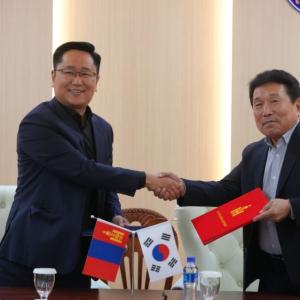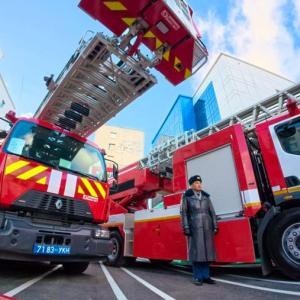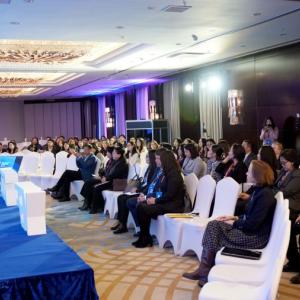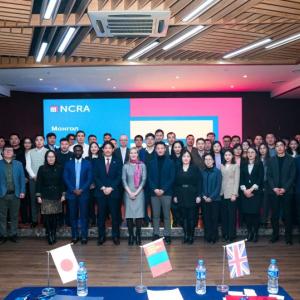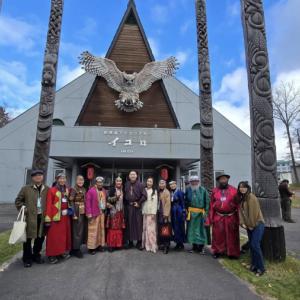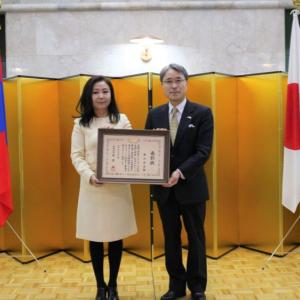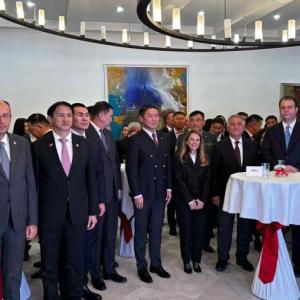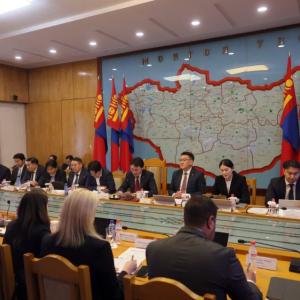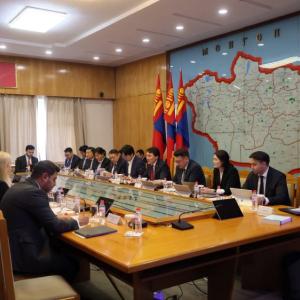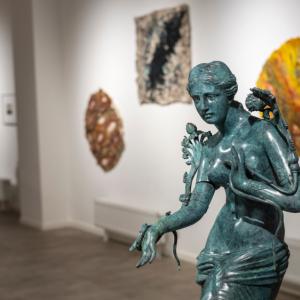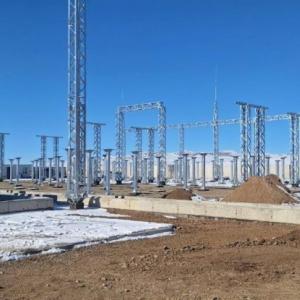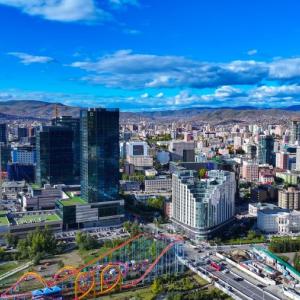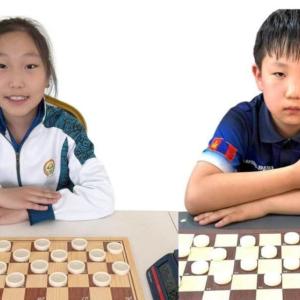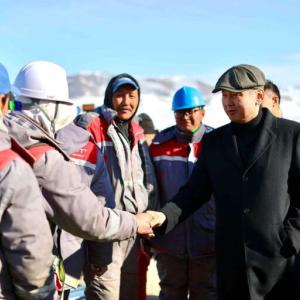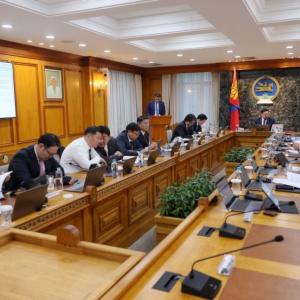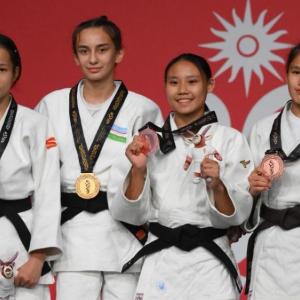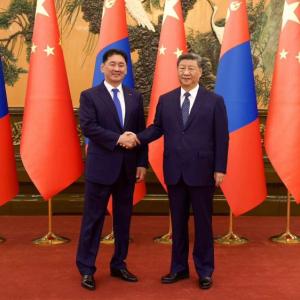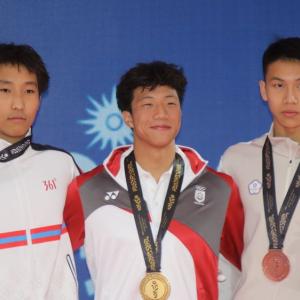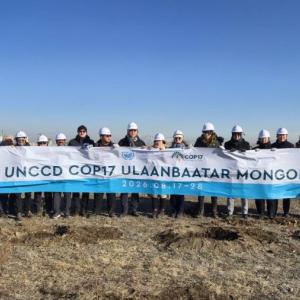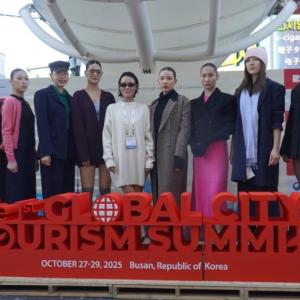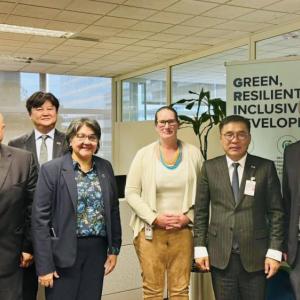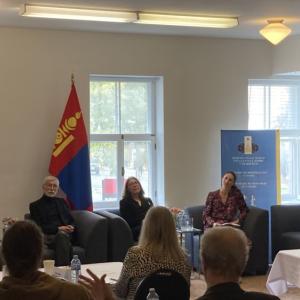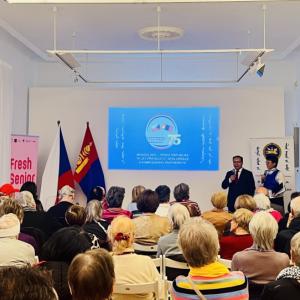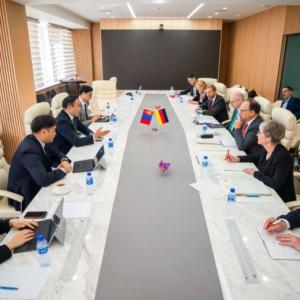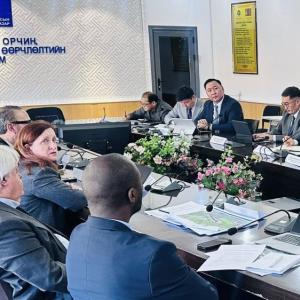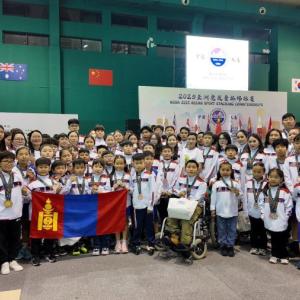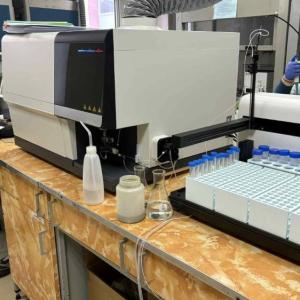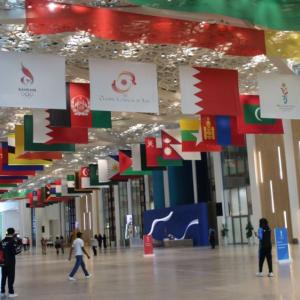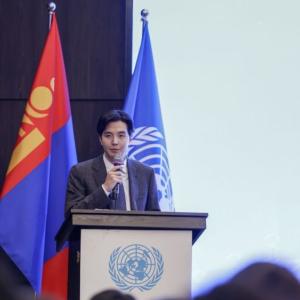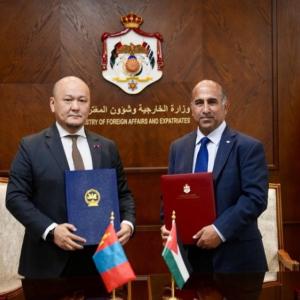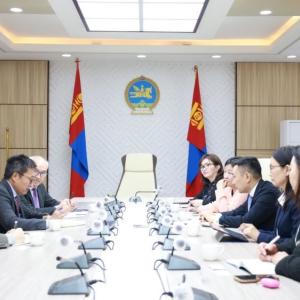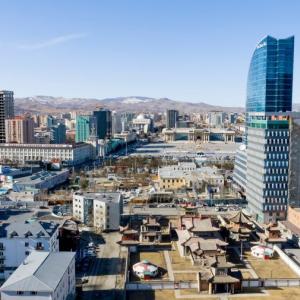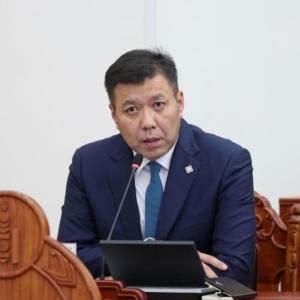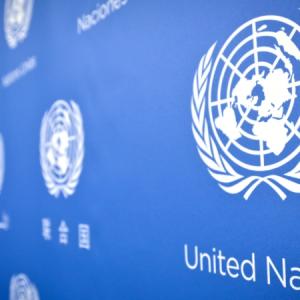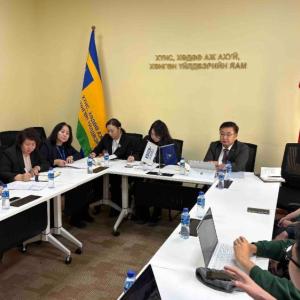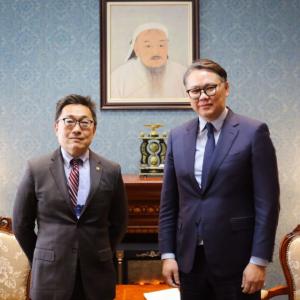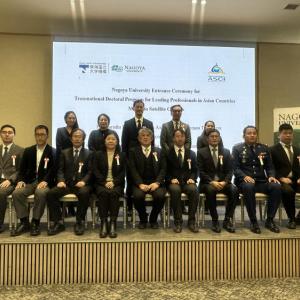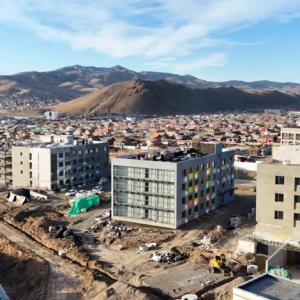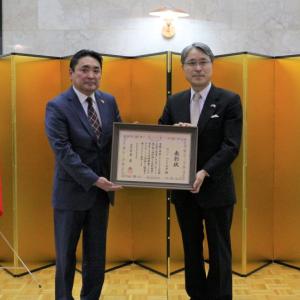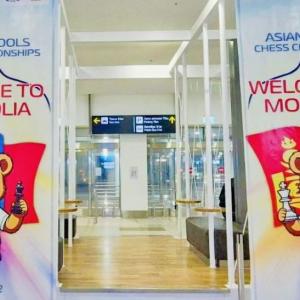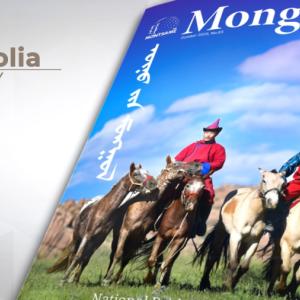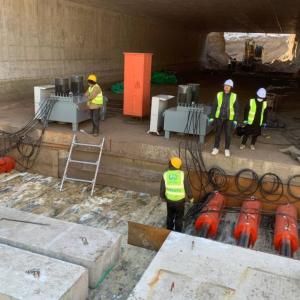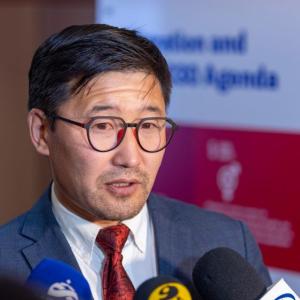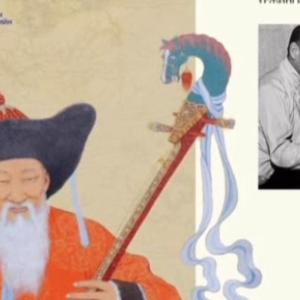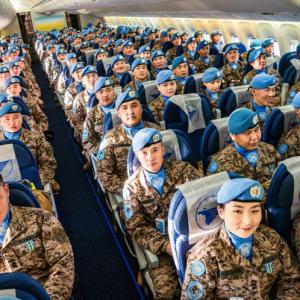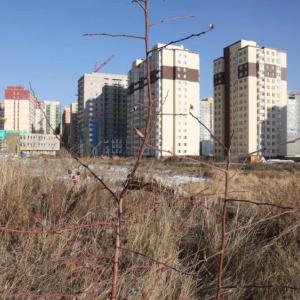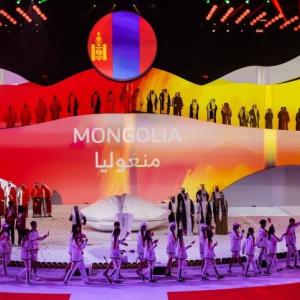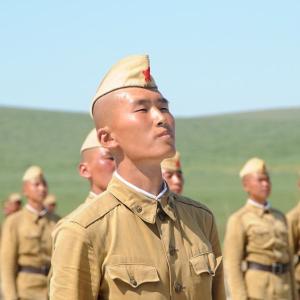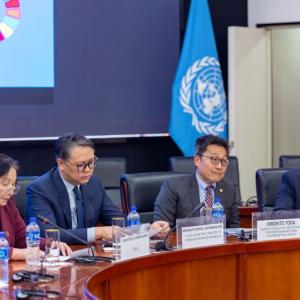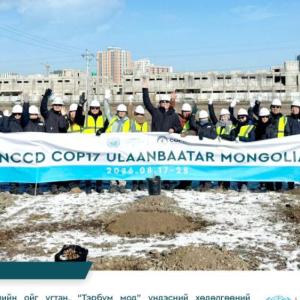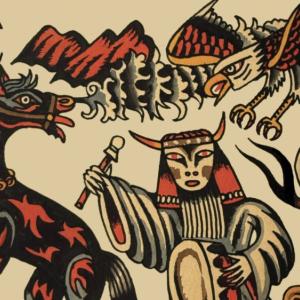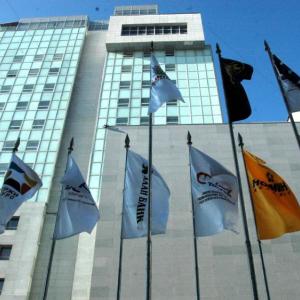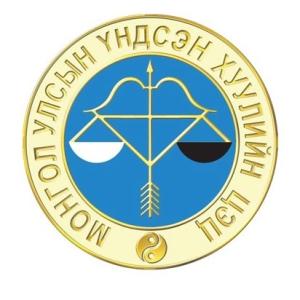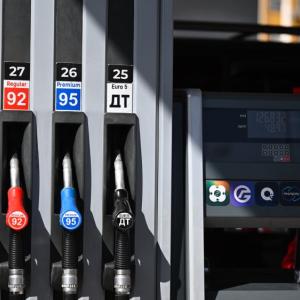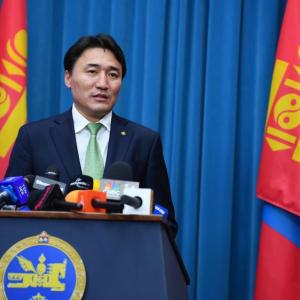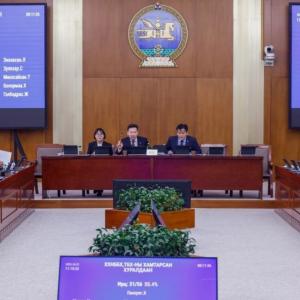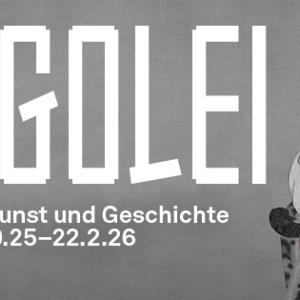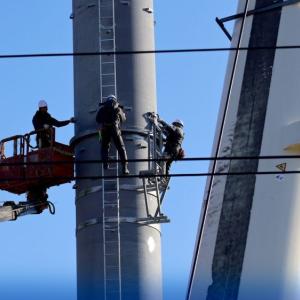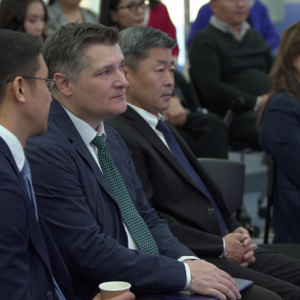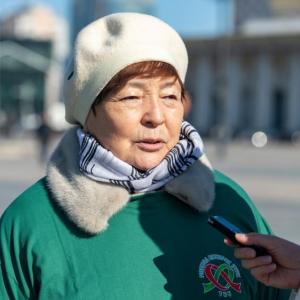O. Batsaikhan: More than 30,000 people were executed, but the number of the repressed probably exceeded 100,000
Society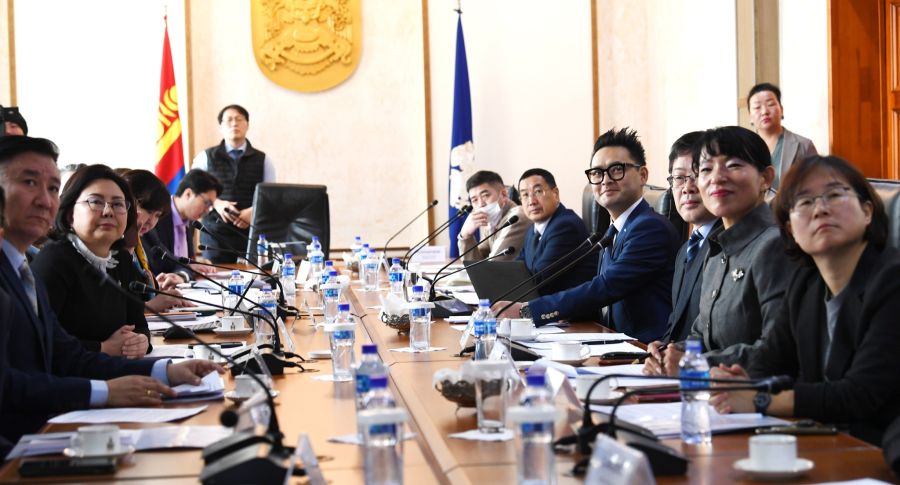
Ulaanbaatar /MONTSAME/. There are reports that 35 thousand people were executed in Mongolia during the years of political repression, but the number of the repressed probably exceeded 100,000, said Prof. Sc.D O. Batsaikhan.
It was noted during his speech that the victims of
political repression were mainly state and social dignitaries and Buddhist
monks.
In 1929, Mongolia had a population of 721 thousand. 17,000 of the 25,000 Mongolians who were condemned for false political crimes and executed between 1937 and 1940 were Buddhist monks.
In August 1922, D. Bodoo, the first prime minister of the revolutionary period, and 14 others were executed without trial after confessing under torture by Soviet agents to conspiring to overthrow the government. Two years later, S. Danzan, one of the founding members of the Mongolian People’s Revolutionary Party (MPRP) was executed during the Third Party Congress for representing "bourgeois interests".
In 1928, several prominent MPRP members including A. Danzan, J. Tseveen, Ts. Dambadorj, and N. Jadambaa, were imprisoned or exiled in a widescale purge of suspected rightwingers as the country launched its "Leftist Period" of more rapid collectivization, land expropriation, and persecution of the Buddhist Church. After those drastic measures resulted in popular uprisings throughout the country in 1932, several of the MPRP's most hard-line leftists including Z. Shijee, U.Badrakh, and Prime Minister Ts. Jigjidjav were blamed, officially expelled from the party, and later executed during the Great Repression.
In 1933–34, in what is viewed as a dress rehearsal for the repressions of 1937–1939, MPRP General Secretary J. Lkhumbe and other MPRP elements, particularly Buryat-Mongols, were falsely accused of conspiring with Japanese spies. Over 1,500 people were implicated and 56 were executed.
Statistical documents prepared by the State Commission on Rehabilitation reveal some heart-breaking numbers. Within the two years between 1937 and 1939, the institute called the Extraordinary Commission falsely charged 25 thousand and 824 people for political crimes, and the court sentenced 20 thousand of them to execution by shooting.
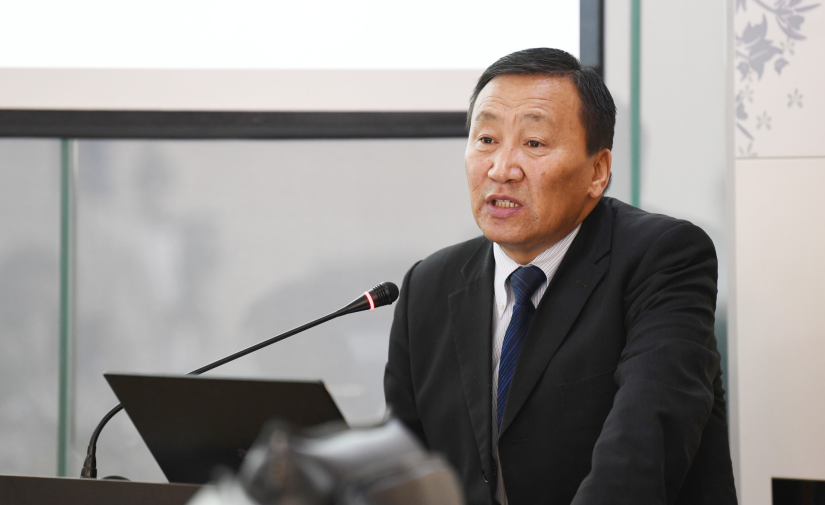
In addition to countless lives that were lost during the
repression, some of Mongolia’s cultural and religious heritages were also lost
along with 1,000 churches, added O. Batsaikhan.
“False confessions obtained through torture have not entirely stopped in our nation. Additionally, it is necessary to make regulations for the National Commission for Human Rights to simultaneously review information related to torture and false confessions, to legalize the methodology for calculating emotional damage, and to enhance the knowledge and attitude of the judicial and investigative authorities toward human rights”, said B. Enkhbold, a member of the National Commission for Human Rights.
The National Commission for Human Rights presented the State Great Khural with 413 proposals along with 21 reports on the status of human rights and freedoms in Mongolia. The prohibition against torture was cited in 13 of these reports.
To establish cooperation with governmental organizations that carry out comparable functions in other nations, the State Commission on Rehabilitation invited representatives of the Truth and Reconciliation Commission of the Republic of Korea led by Lee Jae-sun and organized a discussion themed “Human Rights and Repression” to exchange experience in eliminating the harmful effects and consequences of political repression.
Established in 2005, the Truth and Reconciliation Commission of South Korea is responsible for investigating incidents in Korean history that occurred from Japan's rule of Korea in 1910 through the end of authoritarian rule in South Korea.
The body has investigated numerous atrocities committed by various government agencies during Japan's occupation of Korea, the Korean War, and the authoritarian governments that ruled afterwards. The commission estimates that tens of thousands of people were executed in 1950. The victims include political prisoners, civilians who were killed by foreign troops, and civilians who allegedly collaborated with communist North Korea or local communist groups.
Professor Lee Jae-seung of the law department at Konkuk University gave a presentation on "Korea's efforts to promote reconciliation and peace" during the aforementioned discussion. Stating that the Republic of Korea has now become a stable and successful country despite the hardships of feudalism, colonialism, dictatorship, division, war, and the communist system in the past, he underscored that it is necessary for the regional and international community to accelerate the joint efforts to solve the issues of Korean Peninsula.
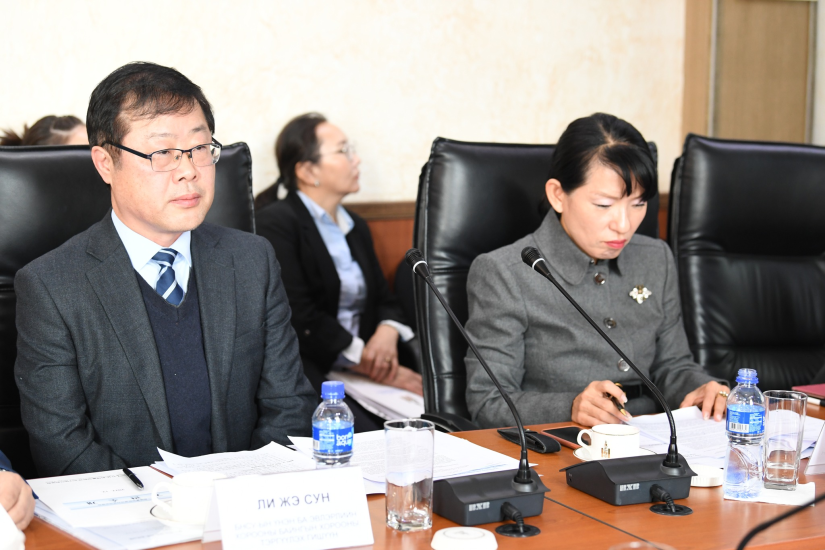
In 2005-2010, The Truth and Reconciliation Commission of
the Republic of Korea investigated and resolved 11,175 applications submitted
by the citizens, issuing compensation of about USD 75,000 to the families of
the victims.
As of December 2021, the State Commission on Rehabilitation rehabilitated 31,460 victims in Mongolia, and since 1998, compensation of MNT 6 billion 589 million had been granted.
Chairperson of the State Commission on Rehabilitation S.
Odontuya noted during the discussion that it is regrettable that the protection
of human rights and the avertance of abuses are not fully fulfilled while
expressing her willingness to intensify cooperation with the Truth and
Reconciliation Commission of the Republic of Korea to effectively protecting
human rights.
 Ulaanbaatar
Ulaanbaatar







